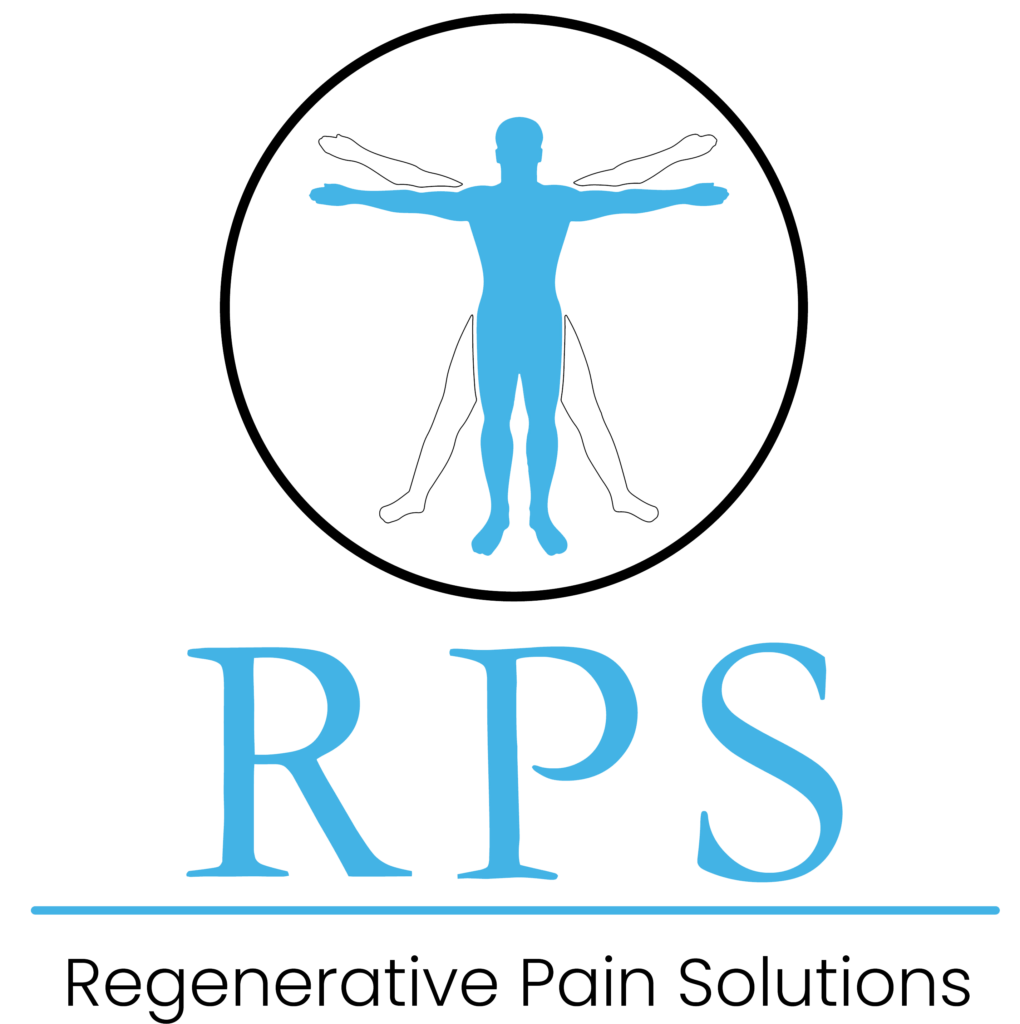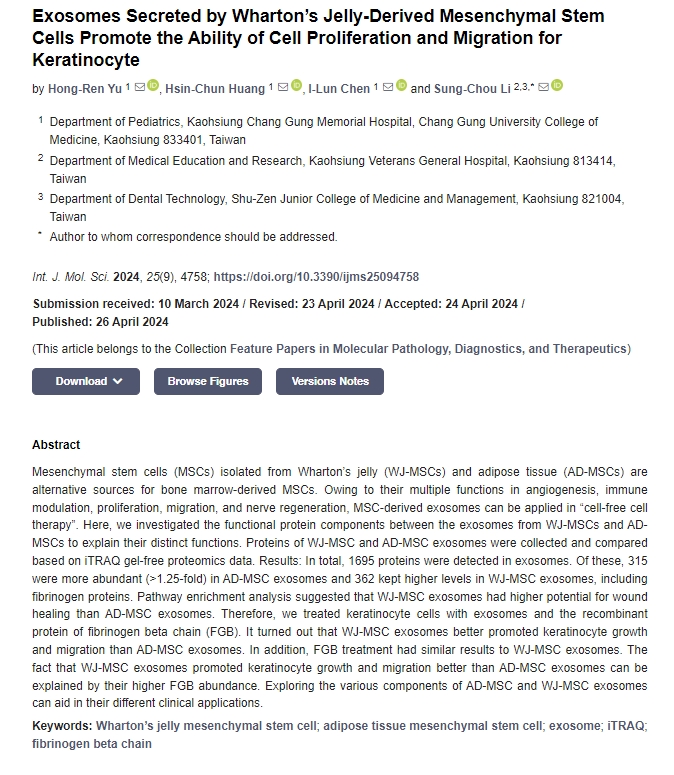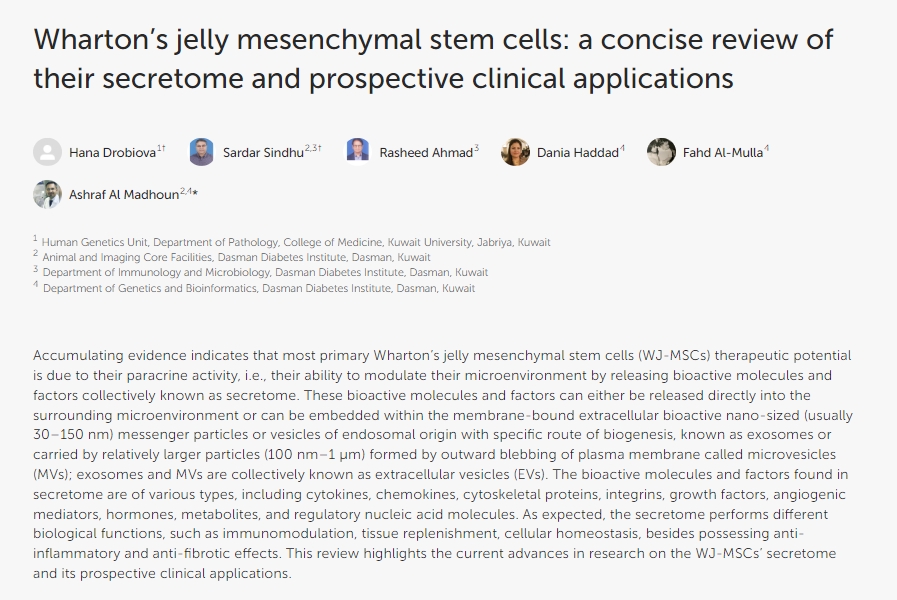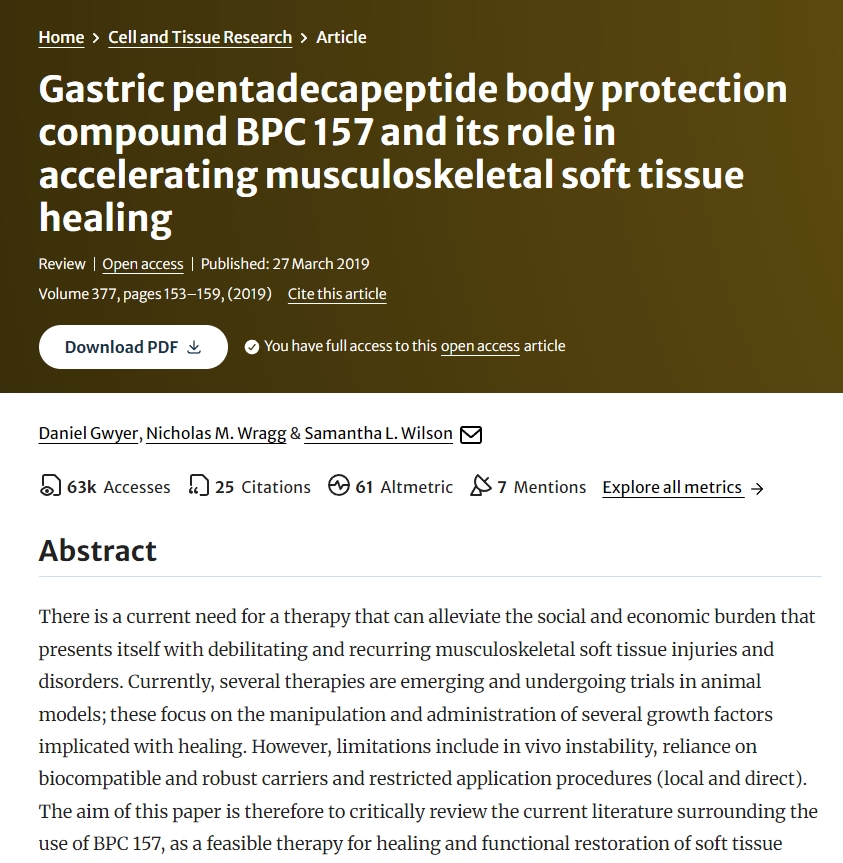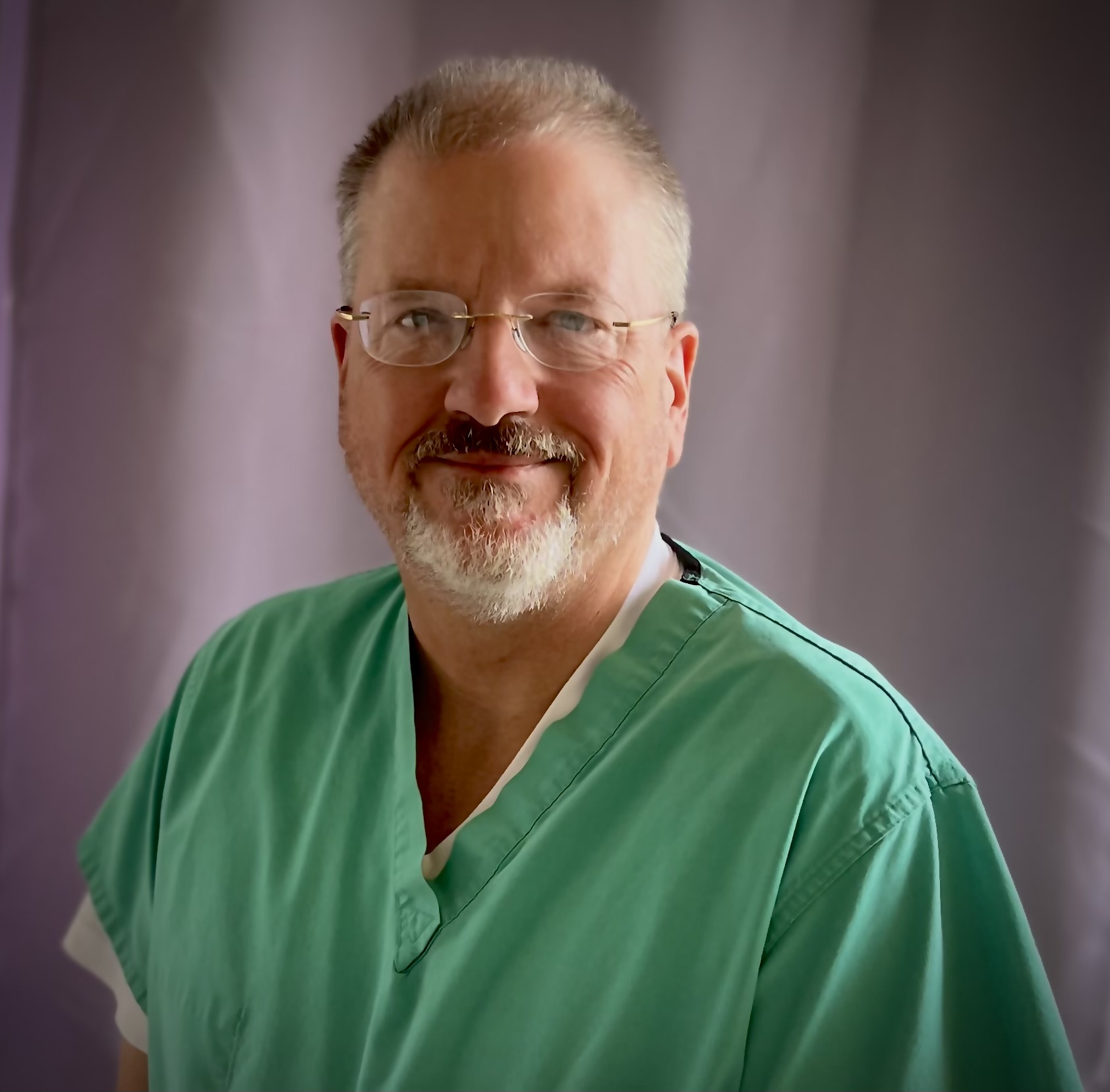Regenerative Pain Solutions (Anesthesia Specialists, P.A.) is sensitive to your privacy concerns on the Internet. We are committed to providing you with the most useful and reliable information to help you better understand our regenerative pain solutions.
To deliver an experience that meets your individual needs and, at the same time, ensures your privacy is protected, we have established the following privacy principles, as we believe it is important for you to know how we treat the information you provide to us.
The information obtained through https://regenerativepainsolutions.com/ about individual visitors is information provided voluntarily by visitors. When personal information is needed to offer you additional information, you will be explicitly informed of the need for that information.
This website’s newsletter registration and donation forms require visitors to provide us with contact and demographic information. The contact information is used to keep our donors informed about new information, features and events.
Only aggregated anonymous data of our users as a group (usage habits, demographic, survey, poll data) will be used for research, to provide our visitors with the highest quality of service and to provide our supporters with information about our visitors; no identifiable data will be shared at any time.
In some instances, if you send a question or feedback to us by email, we may request or require additional or specific personal information so we can provide you with a personal response. If you choose to supply this information, we will use it only for the specific purposes by which you supply it.
Occasionally, we may request material we can publish, such as visitors’ personal stories and Dear Doctor letters sent to us. To participate, you may be required to provide us with your identity and, in some cases, agree to have it publicly associated with your submission on our site. Participation rules will be highlighted on relevant pages and will vary. Your participation will always be voluntary. We will not release your name, street address, telephone number or email address to anyone without your expressed consent. We will not sell or provide access to your personal identification data to advertisers or marketers.
In regard to links to other websites, Regenerative Pain Solutions is not responsible for the privacy practices or the content of those websites. If you provide any information on your own or directly to any other sites you encounter on the Internet outside regenerativepainsolutions.com, different rules may apply to their use or disclosure of the personal information you share with them. We encourage you to investigate and ask questions before disclosing your information.
Note: This Privacy Policy may be updated from time to time; notice of changes will be highlighted. We hope our Privacy Policy clarifies our procedures in regard to your personal information. If you have any concerns or questions about any aspect of this policy or have any suggestions as to how we may better serve you, please send contact us by filling out the contact form on our site. We welcome your feedback, as we want you to be assured your privacy is securely protected.

